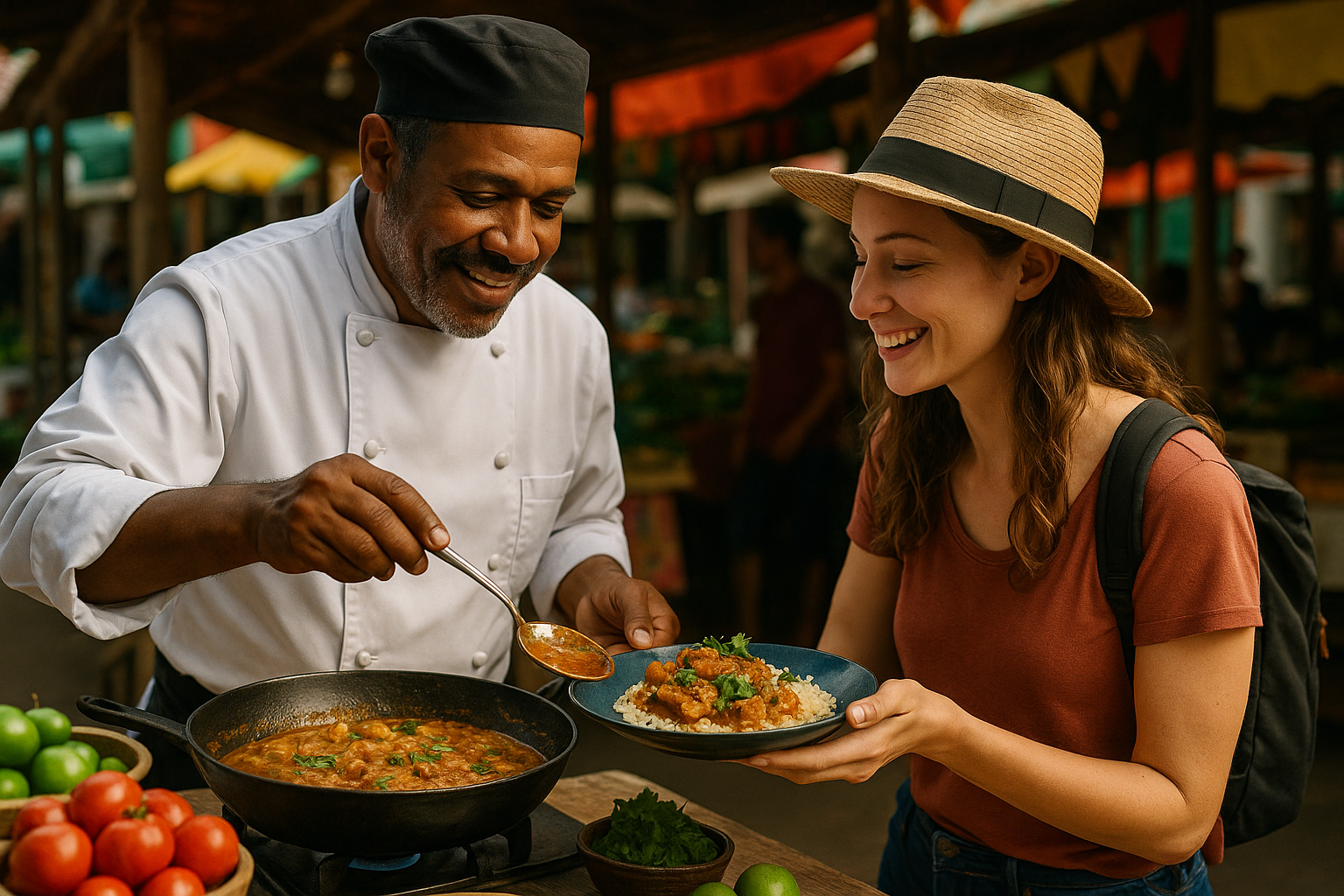Culinary Tourism: A Journey Through Flavors and Cultures
For the uninitiated, culinary tourism may sound like an extravagant pursuit reserved for the food connoisseurs or professional chefs. However, it has increasingly become a popular way for travelers to connect with the local cultures, traditions, and people of their destination. The global food tourism market is witnessing a steady growth, reflecting an evolving travel trend that transcends the enjoyment of exotic dishes to include a broader understanding of a region's culinary heritage and gastronomic practices.

Culinary Tourism: A Historical Overview
Culinary tourism is not a recent phenomenon; it has roots in antiquity. Ancient Greeks flocked to Syracuse to savor the famed gastronomy of the region. The Romans were known for their “Grand Tours” to sample delicacies across their vast empire. However, the contemporary version of culinary tourism has evolved to become more immersive, authentic, and experiential, highlighting the inseparable link between food and culture.
Fresh Perspectives on Food Tourism: Current Trends and Insights
The culinary tourism landscape has been shaped by the quest for authenticity. Travelers are increasingly seeking immersive experiences that allow them to participate in local food production and preparation, visit farmers’ markets, or attend cooking classes. There is also a growing interest in sustainable gastronomy that promotes local produce and traditional cooking methods while contributing to the conservation of biodiversity.
The Impact of Culinary Tourism: Advantages and Challenges
Culinary tourism brings several advantages. It promotes cultural exchange, boosts local economies, and fosters a sense of community. However, it also presents challenges, such as the risk of commoditizing local food cultures for tourism, leading to a loss of authenticity. Moreover, the rise in culinary tourism demands sustainable practices to prevent adverse environmental impacts.
Unveiling the Research: What the Experts Say
Research indicates that culinary tourism promotes cross-cultural understanding and appreciation for traditional gastronomy. It also reveals that food experiences are among the strongest motivators for travel, with culinary tourists spending more than average tourists. However, the research also emphasizes the need for sustainable and responsible practices.
A Taste of Practical Knowledge: Tips for Culinary Tourists
-
Opt for local specialties: Every region has unique culinary delights. Exploring these gives you an authentic taste of the culture.
-
Participate in cooking classes: This is a great way to learn about local ingredients and methods of preparation.
-
Visit local markets: Markets are a vibrant place to experience local food culture. You can sample a variety of local produce and interact with locals.
-
Be open-minded: Some local delicacies may be very different from what you are used to. Embrace the experience with an open mind.
In The Essence of Culinary Tourism
Culinary tourism is more than just a gastronomic indulgence; it is a journey that immerses travelers in the heart of local cultures. It fosters cultural exchange, contributes to local economies, and provides travelers with unique, unforgettable experiences. However, it is essential to approach culinary tourism with a responsible, sustainable mindset to protect the authenticity and environmental integrity of the regions we explore. Culinary tourism is not just about tasting the world; it’s about savoring the diverse flavors of culture, tradition, and humanity.




